Help Children With AUTISM To OVERCOME COVID19 Quarantine
The COVID-19 pandemic caused many parents and children to quarantine themselves at home in order to cut the spread of the virus. Adapting to quarantine routines during the outbreak of COVID-19 is certainly not easy, especially for children with autism who often have difficulty coping with change. Parents’ roles are definitely getting more and more important in this case. We need to help children with autism to overcome this COVID-19 quarantine until they can get back to their normal routines again.

Help Children With Autism To Overcome Covid19 Quarantine
During the uncertain quarantine period as now, children with autism are most at risk of experiencing stress and anxiety due to COVID-19. Parents play an important role in conveying the right information and the steps they can take to help prevent the spread of disease.
Also read: ADHD versus Autism
Tips for parents during COVID-19 quarantine
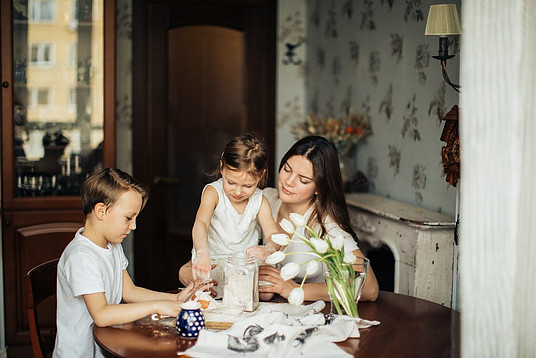
Children with autism may not understand what is happening. Or they don’t know how to show their emotions and fears. This will make quarantine more difficult for them.
You can help your beloved child deal with the COVID-19 pandemic in a way that is easier to understand, for example as follows:
1. Explain the situation about COVID-19 by telling a story
Information about COVID-19 is full of complicated terms. Even though the child understands, the information that comes in repeatedly can make him confused. Make this information simpler by telling stories to children through social stories.
Social stories teach children with autism about a situation and what they should do in the situation. This story is usually also accompanied by pictures so that children more easily imagine and understand them.
When you explain COVID-19 to children, try telling stories while using pictures, videos, emojis, or other visual aids. Use this method primarily to explain things related to:
- What is coronavirus and its effects on the body?
- Washing hands and maintaining health
- What is quarantine and physical or social distancing?
- The new routine at home during the quarantine
Also read: The Steps of Proper Hand Washing: WHO Hand Hygiene
2. Arrange a new schedule of activities
The activity schedule will help children with autism adapt to new routines during the COVID-19 quarantine. Routines are also important so that parents can still give rewards to children after they do their activities well.
You can create a new schedule of activities or arrange them based on a schedule that has been created by the therapist. As an illustration, the following schedule of quarantine activities that you can adjust to the needs of your beloved child:
7:30 a.m.: Get up early, have breakfast, take a shower, and get dressed
8:30 a.m.: Online school follows the schedule given
10:30 a.m.: Take a break while moving, walking, or stretching
Noon: Lunch (take the children to do it together with the family if possible)
1:30 p.m.: Online classes are over, children can play with their toys, read their favorite books, or chat with their friends online
3:00 p.m.: Mild exercise by walking or dancing (make it as fun as possible)
4:00 p.m.: Free time, but not for playing with gadgets mobile phone, iPad or watching TV (encourage them to do their hobbies: drawing, painting, reading, etc).
7:00 p.m: Dinner together
7:30 p.m.: Free time, children can play cellphones, watch TV, and others
9:30 p.m.: Get ready for bed
Note: This activity schedule is just an example. You can always modify it and adjust it based on your child’s needs.
Also read: Meditation Benefits for Children – More Than Just A Stress Relieve
3. Provide an environment that supports children
The environment also plays a role when children with autism undergo COVID-19 quarantine. For example, you can help your child stay independent by placing objects that he often uses in places that are easily accessible.
Even if the child does not go anywhere during quarantine, let him keep his stationery and books in the bag. Or, if he really likes sensory toys that stimulate his senses, let him play in the same special place.
In this way, you help your child stay active and independent even if he doesn’t leave the house. On the other hand, you can also guarantee the child’s personal hygiene and objects that he touches frequently.
4. Limit the use of gadgets
Gadgets do provide resources that help parents in caring for children with autism. However, this tool can also seize the attention of children so that it inhibits routine. This is why parents need to wisely limit their use.
Quarantine during the COVID-19 pandemic did make children with autism easily bored. However, don’t just rely on gadgets. Try using other media such as toys, drawing tools, musical instruments, and so on.
Limiting the gadget will also protect your baby from news related to COVID-19 which causes fear and anxiety. So, make sure children only use gadgets during the free time that has been determined.
Also read: Avoid Stress in Kids during Coronavirus Lockdowns
5. Stay in touch with therapists and fellow parents
Although autism therapy cannot be done directly, you still need to consult a therapist to monitor the child’s development. The consultation also helps you and your child adapt to the new home environment and routine.
If necessary, also take advantage of the surrounding network. Try asking your fellow parents to find out what adjustments they make at home. You can also share suggestions for overcoming obstacles during the quarantine.
6. Manage the stress that you experience
Changes in routine, work, and children’s needs can certainly cause stress and anxiety. Stress and negative emotions can gradually accumulate, making it more difficult for you to say something to your child.
You also need to manage the stress that arises during this period. Try to make time for yourself for a moment, whether to rest or do things that you like. In addition, you can also consult with a psychologist if needed.
Also read: Keeping Mental Health Intact during Coronavirus Self-Isolation
In conclusion:
Caring for children with autism amid quarantine and the COVID-19 pandemic is a challenge in itself. You need to make a new routine, be more patient in explaining new things to your child, and keep managing stress during this time.
A few simple adjustments above might make your days and your baby easier. Thus, you can also maintain personal hygiene and make efforts to prevent COVID-19.
Stay safe, happy, and healthy!
—————————————————————————————————————————————–
This post may contain affiliate links, which means I make a small commission off purchases, at no extra cost to you. Read my full disclosure here. Thank you for supporting the work I put on this site!
—————————————————————————————————————————————–
We Stress Free does not provide medical advice, diagnosis, or treatment. However, if you need someone to talk to and want to make friends, please feel free to reach me at ferra@westressfree.com. If you would like to REDUCE your STRESS and are interested to do an ONLINE THERAPY, you can do so here.
—————————————————————————————————————————————-
Disclaimer: The information contained in this article is for educational and informational purposes only and is not intended as health or medical advice. Always consult a physician or other qualified health provider regarding any questions you may have about a medical condition or health objectives.
Thank you for reading today’s topic: Help Children With AUTISM To OVERCOME COVID19 Quarantine

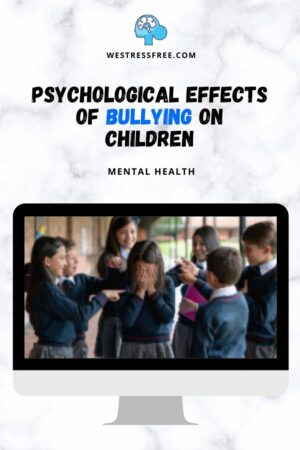






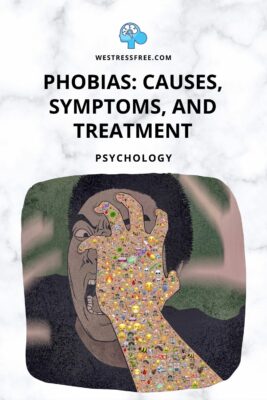

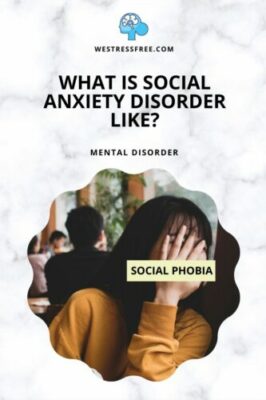
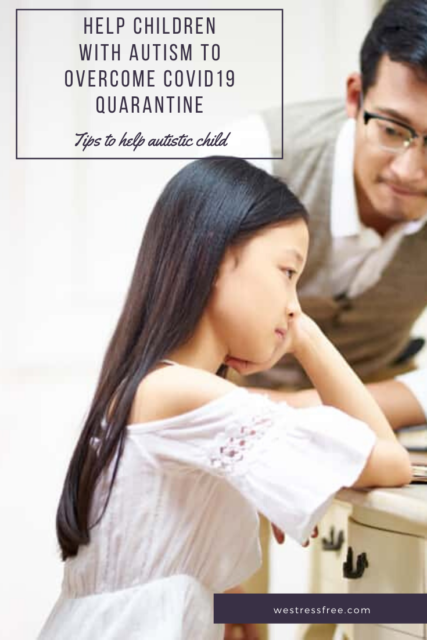
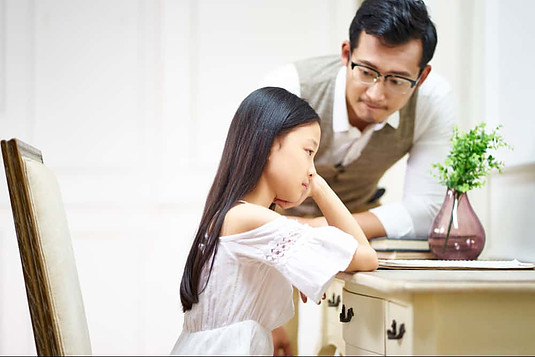
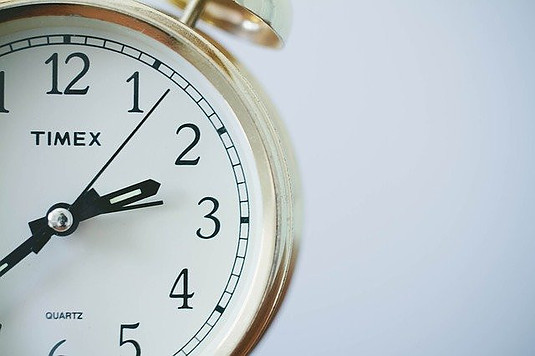
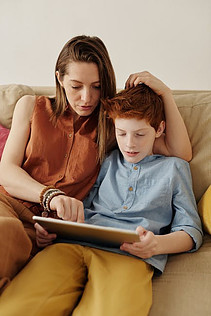



Worth while article concerning our children with Autism.
I though this is a well written article with strong contents and the media went well with the contents and flows very smoothly through out the article. Article was written on a while back ground which is easier for the reader to read (Thank You). Writer engaging the readers to take part in helping our children with autism. Well Done! Very Good Job!
Hello Laurence,
Thank you for your kind words in your comment. I really appreciate it!
Glad you found this article worth while article. Hope this article helps parents with autistic children to cope with COVID-19 quarantine.
Stay safe, happy and healthy!
Ferra
Your article is very educational and exciting. This disease we have now (corona) I never think of children who have AUTISM.
I have been thinking about those who have cancer, diabetes, and how would corona affect these people. But what I haven’t thought about is the kids who have AUTISM. You have written very good tips on how the children who have AUTISM can overcome Covid 19 during quarantine.
Hello Lara,
Thank you for your kind words in your comment. I really appreciate it!
Glad you found this article educational and exciting. Hope this article helps parents with autistic children to cope with COVID-19 quarantine.
Stay safe, happy and healthy!
Ferra
Great read! This had a lot of valuable information and I highly suggest parents read this. Explaining coronavirus through a story is a great way indeed, along with the rest of the methods you explained above. I will be sharing these tips with a friend of mine, which I believe will help her greatly.
Hello Vatsalya,
Thank you for your kind words in your comment. I really appreciate it!
Glad you found this article offers valuable information. Yes, that’s right. We don’t want to create fears in our child but we want to raise their awareness for sure. So, talking with them through fun media would certainly get their attention and improve their awareness, plus it is an educational activity that can help our autistic child thrives.
Hope this article helps parents with autistic children to cope with COVID-19 quarantine.
Stay safe, happy and healthy!
Ferra
Hallo there Ferra,
As a person who like to meditate on the world and the issues affecting people, I thought about people who have children suffering from autism and I felt the need of wanting to know the precautions for them to keep themselves and their children in the safest conditions without getting them affected by the new changes following the pandemic.
Your post is really thorough and helpful and I felt I should share it on my social media account. It is going to go a long way for many people out there. Thanks for taking time to educate us.
Hello Dave,
Thank you for your kind comment and addressing how important it is to know the precautions for children who have autism to cope with the quarantine.
Meditation is very helpful to manage our stress so it won’t reflect to the way we take care of autistic children.
Glad you found this article useful. Sharing is caring. Thank you for sharing it on your social media to raise people’s awareness. Really appreciate it!
Stay safe, happy and healthy!
Ferra
Hello i must say that i am amazed at this website. there is so much attention to detail and this article that you have created on how to help children with autism during this covid 19 period. the effect of the corona virus as sent panic around the globe and it will be nice to help our children understand the situation clearly without sending panic through to their mind
Hello Kirkman,
I agree with you. We would like to create a better world for our children. So, during this difficult time, we want to make sure they understand the situation by using the methods that are familiar to them so it won’t be so terrifying.
Glad you found this article useful. Hope others find it useful as well.
Stay safe, happy and healthy.
Ferra
The occurrence of this global pandemic that’s Covid-19 has really caused a lot and has even affected children generally, it’s deprived them of so many activities. And as for kids with autism it has been a more challenging issue for them coping with this challenge. I currently do not have anyone experiencing autism but this article has generally given a whole new idea on how to best manage the kids at home in this critical time. Thanks for helping.
Hello Sheddy,
Yes, you’re right. We would like to pay attention to our children’s well-being, physically and mentally, and that includes children with mental disorder like autism. They don’t know what’s right. So, it’s our roles to explain to them in a way that it doesn’t sound too terrifying but still very educative to them.
Glad you found this article useful. Hope others find it useful as well.
Stay safe, happy and healthy.
Ferra
Great article with very good tips on helping kids with autism through this difficult time. My neighbor and friend is a speech therapist and works with autistic children and she was just telling me the other day how difficult it was to do therapy over the video conference, and not be physically with the kids she helps, but she is so thankful that we at least have that option!
It must be so very difficult for their schedule to so abruptly change because of this. Thank you for your advice on how to manage that.
Dear Sarae,
Thank you for your comment.
Ah yes, that’s right. Due to COVID-19, therapy should be done online too. It really does make it even more difficult to help those autistic children when everything has to be done remotely. But the fact that we still have that option, it does something we need to be thankful for. However, parents need to be more active in helping their children.
Glad you found this article useful. Hope it can help others and they’ll find it useful as well.
Cheers,
Ferra